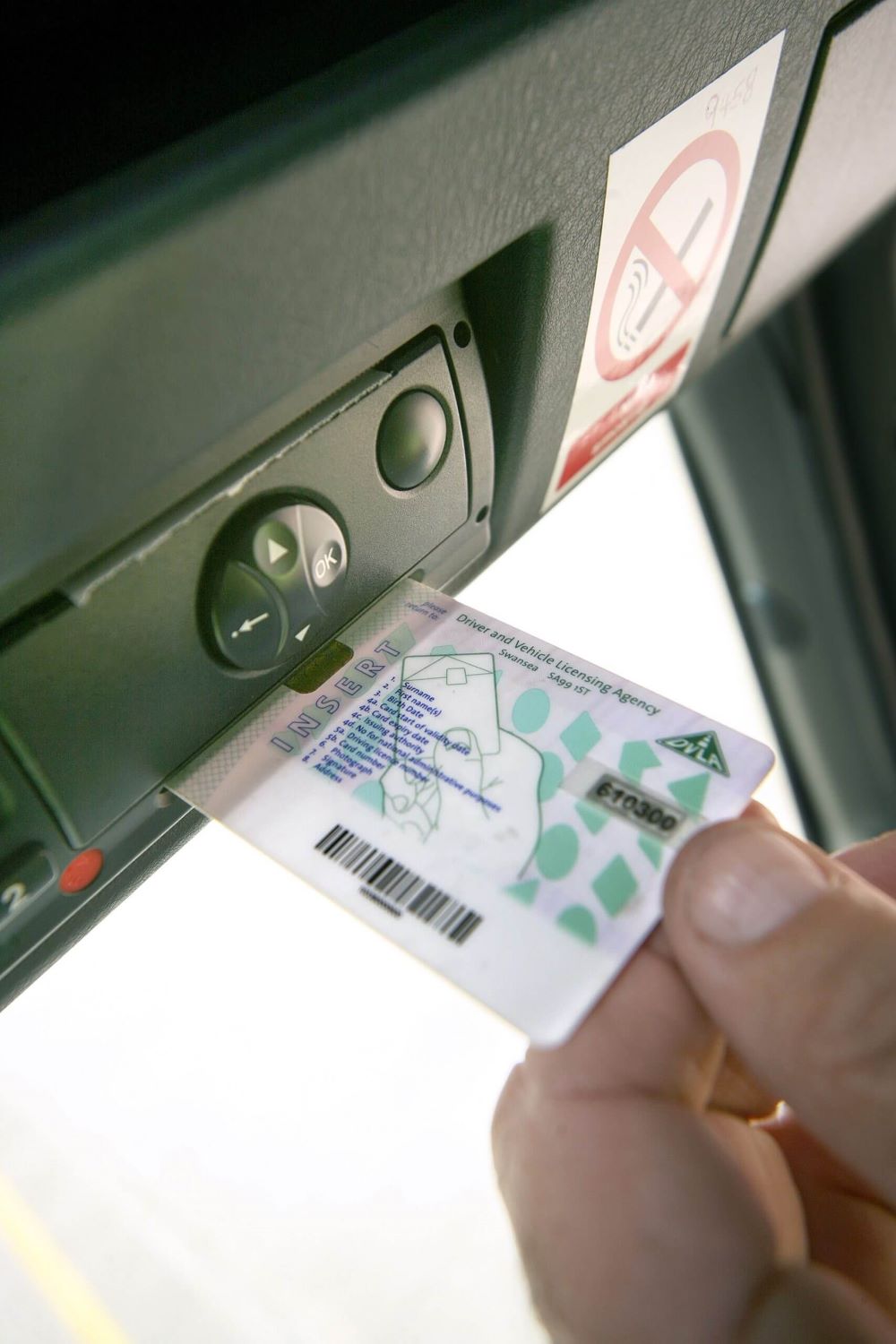UK coach operators travelling to and from the EU will not be subject to the forthcoming new EU obligation to carry 56 days of tachograph data, the Department for Transport (DfT) has clarified.
to the forthcoming new EU obligation to carry 56 days of tachograph data, the Department for Transport (DfT) has clarified.
An update provided to the industry by DfT notes that PSV journeys to and from the EU will be subject to AETR (European Agreement Concerning the Work of Crews of Vehicles Engaged in International Road Transport) rules.
It had been thought that international drivers would be bound by changes to the European Mobility Package due on 31 December, which include a doubling of the time period required for keeping tachograph records on board.
However, DVSA says: “To make sure drivers’ hours rules meet international obligations under the UK/EU Trade and Cooperation Agreement (TCA) and the Interbus Agreement, the legislation around drivers’ hours rules will be amended so that the applicable rules for buses and coaches used on international journeys between the UK and EU is the AETR.
“We are communicating with lorry, bus and coach operators who hold an international licence, to set out their responsibilities when on international journeys between the UK and EU. The changes should have minimal impact on operator licence holders.”
AETR rules are not fully aligned with EU regulations on drivers’ hours and tachographs. Basic requirements for maximum driving, break and rest times are the same, but the 56-day stipulation made by the EU set is given as 28 days per the AETR equivalent.
The Confederation of Passenger Transport (CPT) has issued an update to members clarifying the position.
CPT Operations Director Keith McNally tells routeone: “This is quite a significant change which will affect quite a few people.
“The update to our members hopefully captures the key things that operators need to think about but, if our members have queries, then they can always come to us with questions.”
CPT says it has been assured by DfT that the EU “has acknowledged the circumstances, therefore enforcement should be applied accordingly”. However, McNally admits that, in practice, the diversification from what road enforcement personnel in the EU will be used to may “cause complications”.
The requirements to have smart tachograph equipment retrofitted to older vehicles do not apply under AETR. Although this will still apply under UK law for the time being, CPT says DfT is considering whether this be maintained and that, for now, it will not be enforced for such vehicles.
Other aspects that do not apply under AETR include the allowance to interrupt a weekly rest to board a train or ferry, and the allowances to extend a duty under exceptional circumstances to get back to an operating centre for a weekly rest period.
CPT writes to members that its operations team is “currently working hard to understand the full implications. Work is being undertaken imminently to update the CPT Compliance Manual.”
The application of AETR rules is made to PSVs (with more than 10 seats) and not to HGV vehicles, which coach operators with haulage arms or drivers who work in both sectors may need to be aware of.
source: RouteOne
